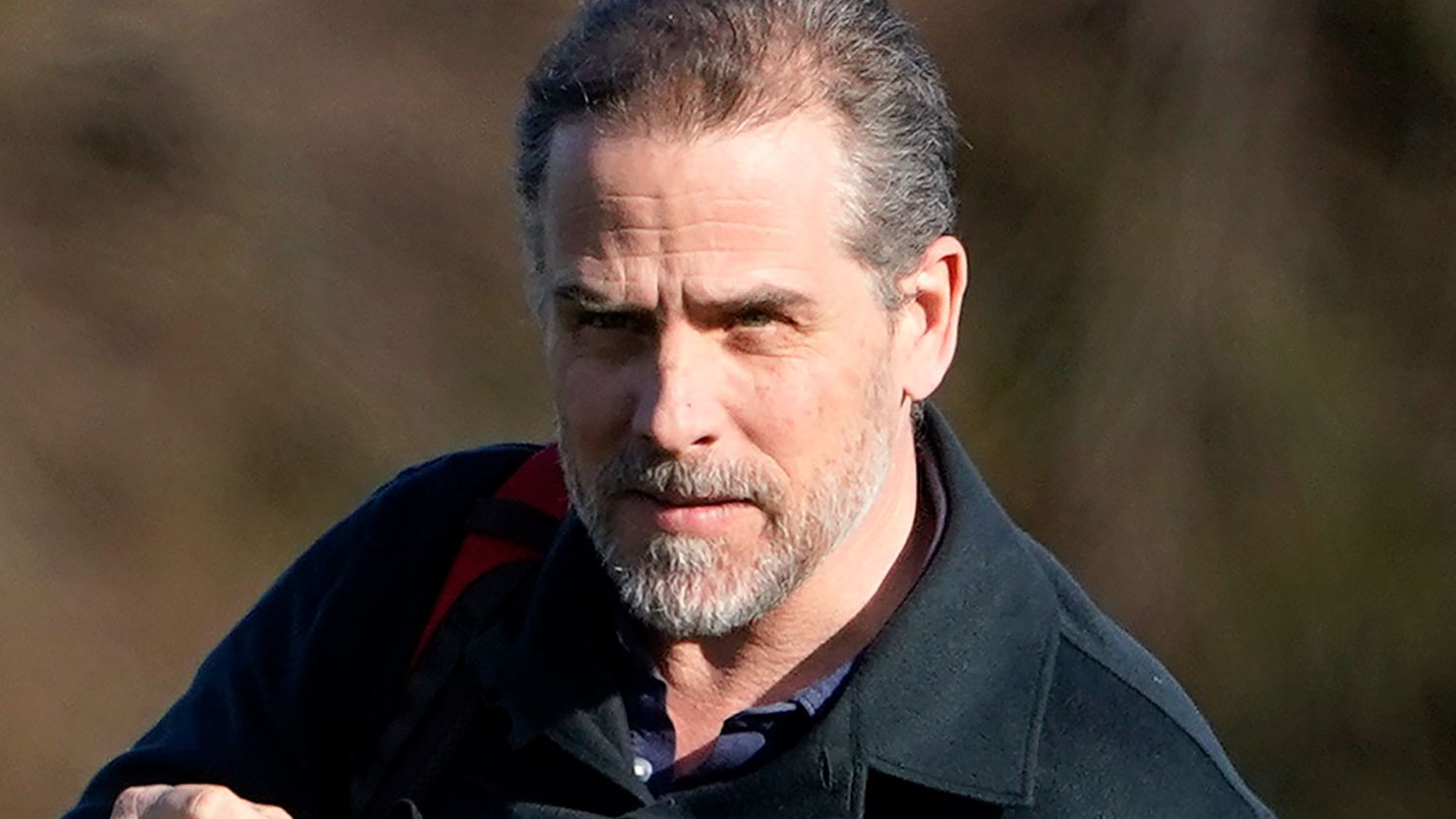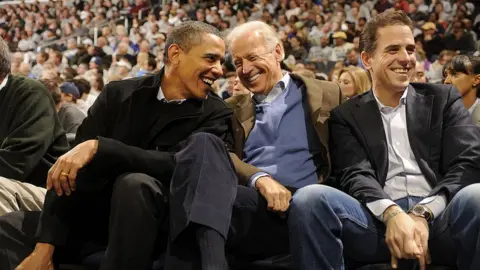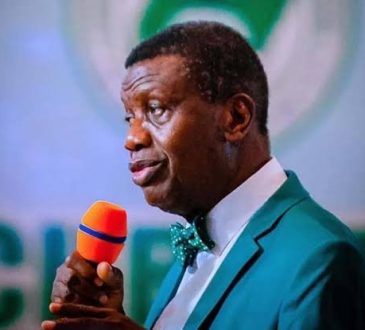
In an unprecedented move Sunday night, President Joe Biden granted a sweeping pardon to his son, Hunter Biden, shielding him from federal felony gun and tax convictions that carried the potential for a lengthy prison sentence. The dramatic decision, announced just weeks before Hunter’s sentencing and months before the president exits the White House, marks a pivotal moment in a legal saga that has shadowed the Biden family for years.

Hunter Biden’s legal troubles began with a public disclosure in December 2020 that he was under federal investigation. As the cases unfolded, they became a focal point for political rivals, generating intense scrutiny of the president’s claims to uphold the rule of law without interference.
A Reversal of Vows
President Biden’s pardon reverses multiple public pledges to let justice take its course. In June, he assured reporters that he would not pardon his son, affirming, “I abide by the jury decision. I will do that and I will not pardon him.” This stance was reiterated as recently as November 8, with White House press secretary Karine Jean-Pierre unequivocally denying any plans for clemency.

In his statement Sunday, the president said, “I believe in the justice system, but as I have wrestled with this, I also believe raw politics has infected this process and it led to a miscarriage of justice. I hope Americans will understand why a father and a President would come to this decision.”
The pardon not only covers Hunter Biden’s gun and tax offenses but extends broadly to potential federal crimes committed between January 2014 and December 2024—a move that legal analysts say could significantly limit future investigations involving the younger Biden.
Legal Fallout and Political Implications
Critics have lambasted the decision as a betrayal of Biden’s promise to restore trust in government. Representative James Comer, a Republican spearheading congressional investigations into the Biden family, denounced the pardon as evidence of an effort to evade accountability, stating, “Rather than come clean about their decades of wrongdoing, President Biden and his family continue to avoid transparency.”
The pardon is also likely to embolden House Republicans, who have long targeted Hunter Biden’s controversial overseas business dealings. Although previous impeachment attempts against President Biden failed to gain traction, the political fallout from Sunday’s decision could reshape the legislative agenda in the coming months.
A Tarnished Legacy
As the president prepares for what may be his final foreign trip to Angola, his legacy now stands at a crossroads. Biden’s tenure was marked by a promise to rebuild democratic norms and trust in the justice system, a pledge undermined by Sunday’s events. Opponents argue that the decision reveals a leader willing to prioritize familial bonds over his constitutional duty, while supporters emphasize his humanity and defense of what he views as systemic injustice.

Hunter Biden’s Struggles and Redemption
Hunter Biden’s descent into addiction, widely publicized through leaked photographs and salacious testimony, has been a constant source of anguish for the Biden family. His legal team released a 52-page white paper this weekend, alleging political motivation behind the prosecutions and calling him a “surrogate to attack and injure his father.”
This pardon spares Hunter Biden a potentially long prison sentence. However, it also cements his place as one of the most polarizing figures in contemporary American politics.

Looking Ahead
With President-elect Donald Trump set to reenter the White House in January, Sunday’s pardon underscores the fragility of political norms and the complex interplay between personal loyalty and public duty. As the nation grapples with the implications, the Biden family’s story serves as a somber reminder of the challenges that come with governing in a divided America.
In an era where every decision carries profound political consequences, President Biden’s act of mercy will be remembered not only as a father’s love but as a lightning rod for the enduring debate over justice, power, and accountability.




